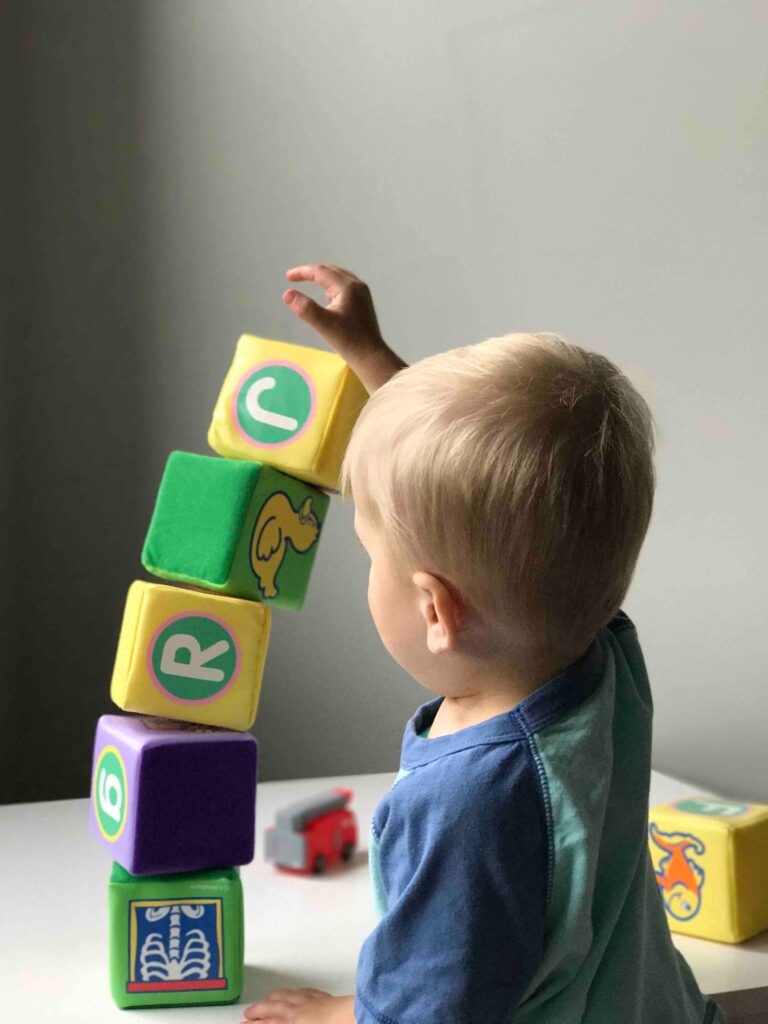How to Help Kids Focus

Similar to muscle, concentration needs to be exercised regularly to grow stronger. While some children are “stronger” in this area from birth than others, all children can learn techniques and partake in activities that will enhance their capacity for sustained attention and focus. Since American schools in Sharjah requires students to focus for extended periods, and as children get older, extracurricular activities after school are a vital skill for them to learn.
Most kids can focus while doing enjoyable things they will ultimately enjoy. They find it most difficult to concentrate on the tasks that are more boring, challenging, or simply less enjoyable. However, children must be able to focus and maintain attention on various tasks because doing so promotes learning and improvement, which boosts self-esteem and confidence in young people.
Concentration is similar to mindfulness, a concept that has recently attracted much interest in psychology and popular culture. In essence, mindfulness is the capacity to focus on one thing at a time in the present. Research has shown that mindfulness positively affects mental health, including increased happiness, better stress management, and enhanced academic and test performance. Focus is necessary for mindfulness to be effective.

Here are some pointers to help your kids strengthen their capacity for concentration:
1. Allow your child to practice focusing on a particular task for a reasonable time.
Depending on the task, young children (ages 4-5) can typically focus for between 5 and 20 minutes—less on novel and complex duties and more on intrinsically enjoyable activities.
2. Take one step at a time.
Although we may extol the virtues of multitasking in our adult lives, research shows that multitasking depletes focus and impairs performance. Do one thing at a time in this one moment by the mindfulness concept. You could simply sing the alphabet aloud to young children while pointing out the letters. You can work on one long-division problem with kids a little older, say in the fourth grade. Simply concentrate on one issue at a time; don’t think about the rest.
3. Make time and space for homework.
Reduce unnecessary distractions because multitasking hinders concentration. For instance, shut the laptop door unless it’s necessary to finish a homework assignment, do your homework at a designated desk or table in a quiet room, and turn off the TV and phone. After a predetermined amount of use, Internet access can be automatically terminated by parental control software. As children age, parents can switch to self-monitoring software so teens can manage their time independently. This way, children won’t be drawn into a time-traveling web on Instagram or Snapchat.
4. Include pre-arranged breaks.
After focusing for a while, children should get up, move around, and engage in something new that isn’t too demanding. During homework time after school, they will gain from taking a break to rest and recharge. Teenagers can use the opportunity to check out their friends’ posts or text with friends, while younger kids can take a snack or play break.
5. Learn to breathe from your belly.
Consistent diaphragmatic breathing helps us focus by lowering our heart rate and clearing our minds. When faced with challenging tasks, which can cause them to feel anxious and experience an increase in heart rate, kids must possess this skill. Avoidance, the antithesis of concentration, results from anxiety. So it’s crucial to find approaches to making tasks more manageable, and relaxing the body is one of them.
6. Dividing up complex tasks into smaller, more manageable pieces.
This is an additional method for encouraging kids to approach a difficult task. If your child is learning to tie her shoes, set the first objective for her to master the first knot, then move on to making two loops with the strings until she fully understands how to do that, and so on. Utilizing a timer to assist children in organizing themselves is another “piecemeal” technique for improving concentration, e. g., “This is a book about horses. You have 15 minutes to write down as many facts about horses as you can. I’ll set the timer for 15 minutes. “.
7. Work on your in-the-moment observation skills.
“Internal stimuli,” such as pleasant memories or bodily sensations, can divert young children. Although a child’s imagination is a beautiful thing, we also want them to be able to focus and block out distractions. You can play the game “I spy with my little eye” and take turns observing various items in the room, pay close attention to a song’s lyrics as a group, or perform some yoga poses while focusing on your physical sensations.





